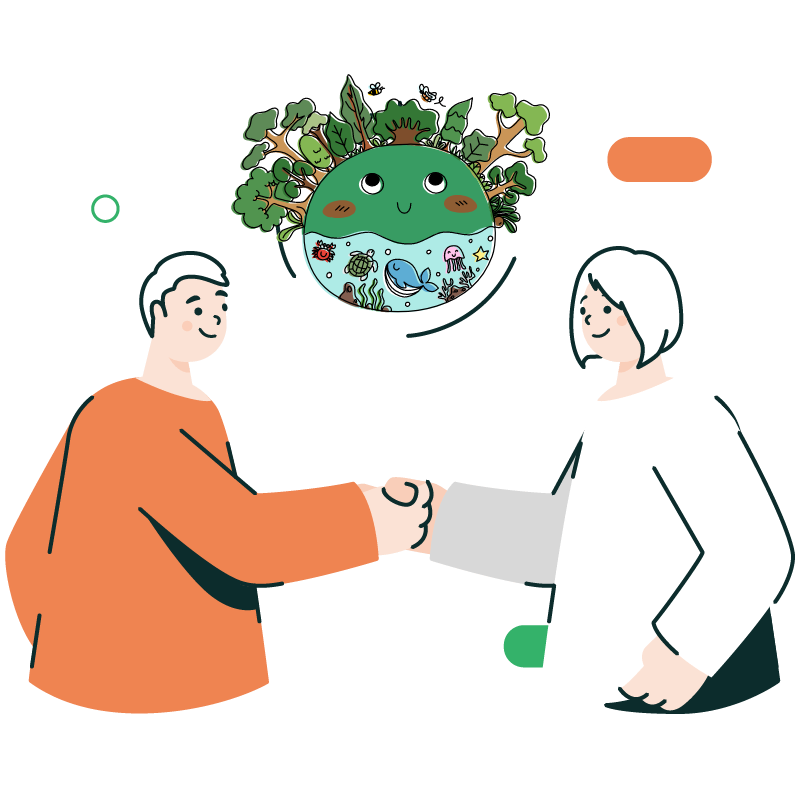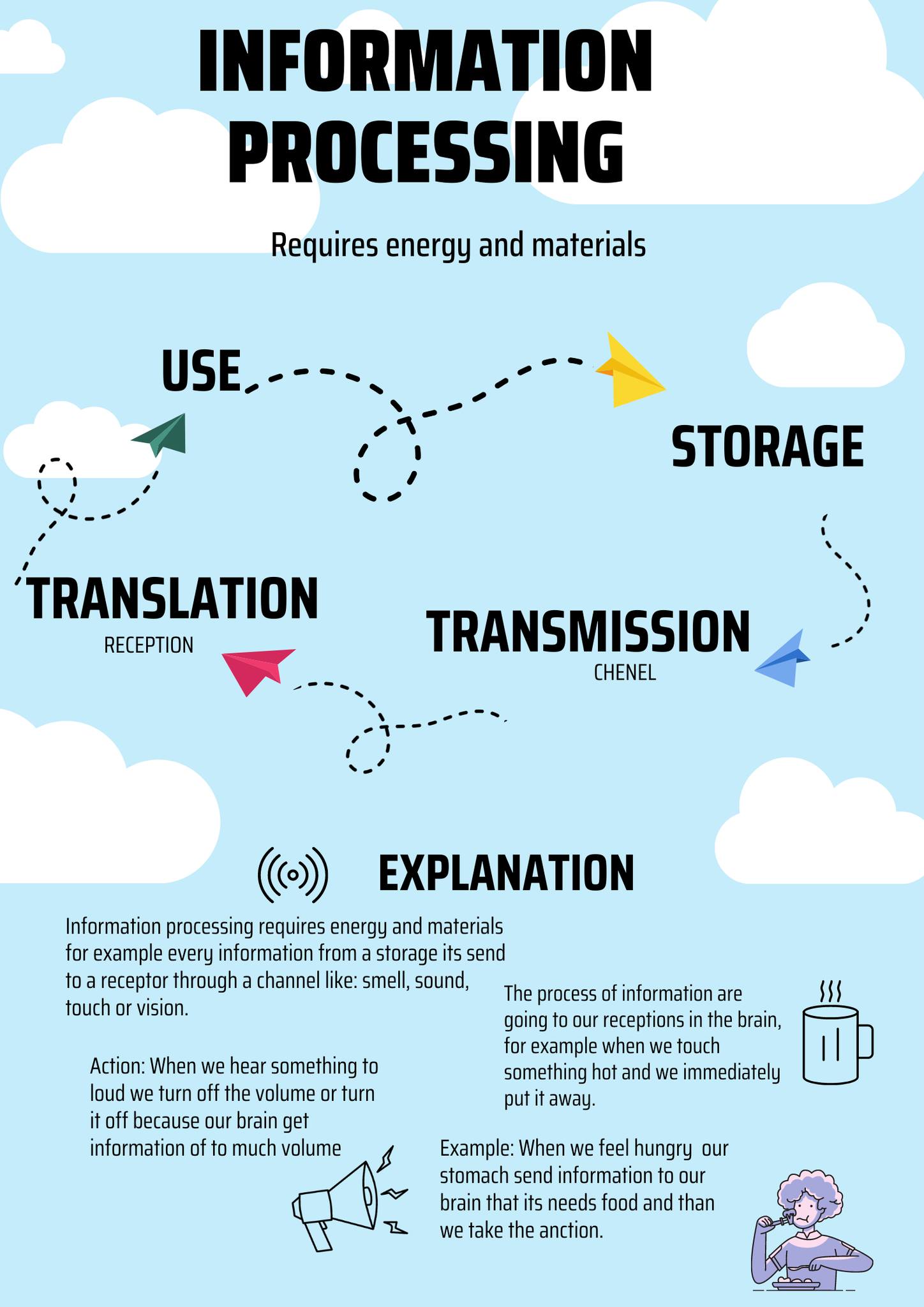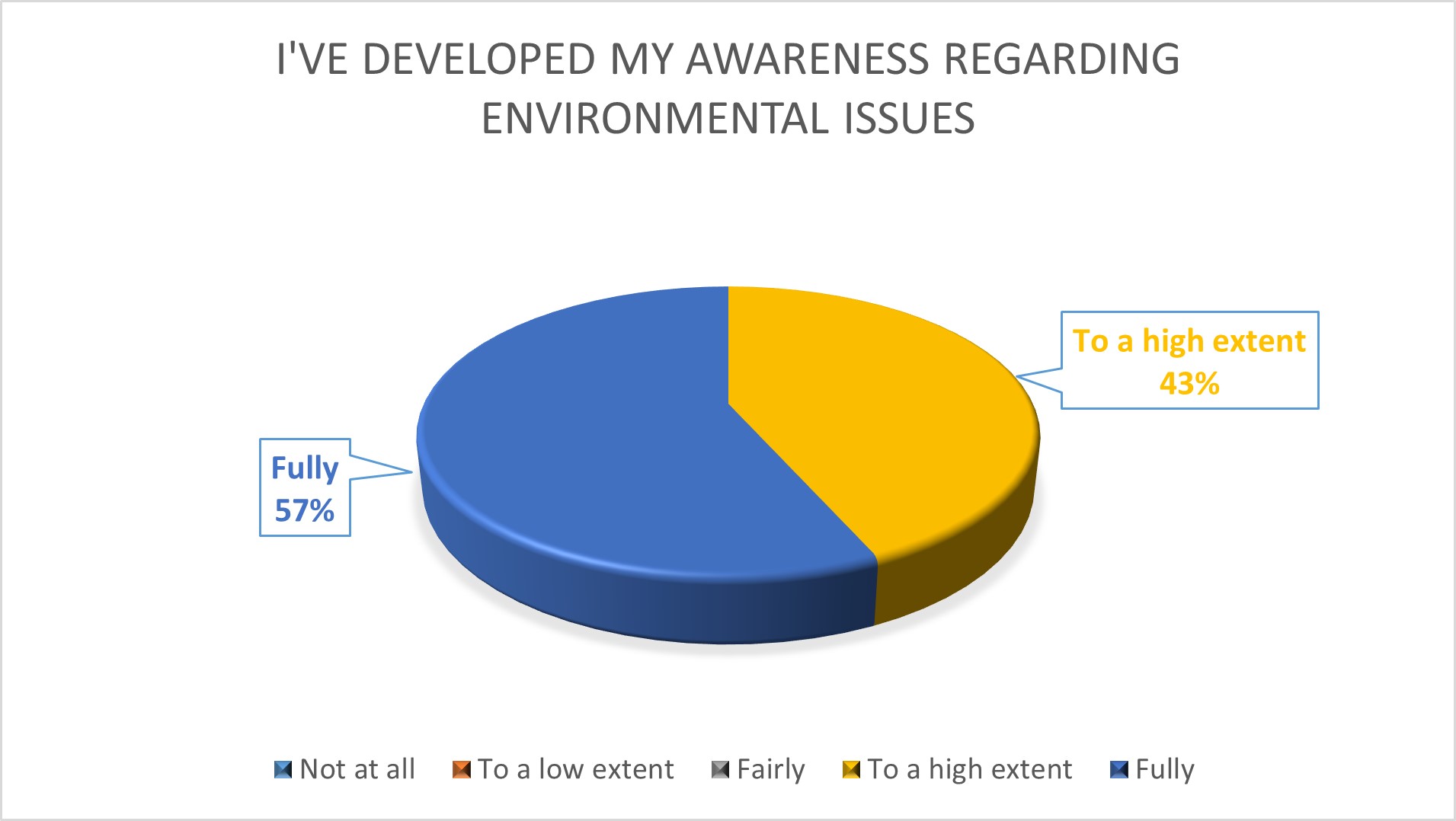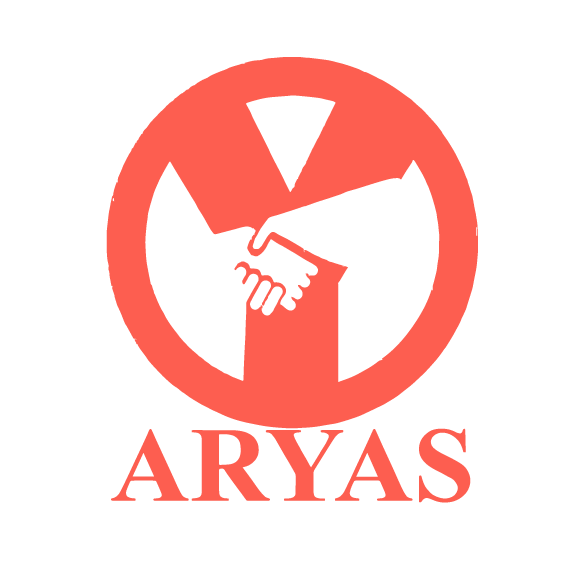Erasmus+ Training Course
ECOLAB
ECOlogy & ECOnomy – A LABoratory for youth workers
17 – 25 March 2022
Căpățâneni, Romania


Young people are not just the leaders of tomorrow, they are the change-makers of today
„The economy is a wholly-owned subsidiary of the environment, not the other way around.”
– Gaylord Nelson –
Greener Future
Young people are not just the leaders of tomorrow, they are the change-makers of today
The issues of rapid climate change and pressures on the region’s biodiversity are clear and are actively changing all processes in society. For the sustainable development of territories, cities or states, youngsters are important and undoubtedly always relevant actors.
As organizations that want to facilitate an attitudinal change in the mindset of the young people, to build a sustainable society, and to live an eco-friendly life, we need to properly inform ourselves about the climate change situation, to be able to deliver opinions based on scientifical facts, to be aware of the ecological programs that are implemented by different governments around the world, to understand the issues behind the climate change solutions and to be able to guide the youngsters to involve as environmental activists.
Telling young people to take small actions to support the environment is not enough anymore. We need to educate ourselves as youth workers and to develop a wider understanding and sensitivity of the environment, in order to become able to guide youngsters in this problem, to increase the impact of their actions and to really produce a change for the environmental protection.

Our Objectives
1. Develop global environmental awareness.
2. Acquire up-to-date scientific information on the issues and the present solutions for environmental sustainability.
3. Develop youth workers’ abilities to transform information into practical activities for environmental education, using non-formal methods.

Our Mission& Vision
In fields of green and skies so blue,
We strive for a future that’s sustainable and true.
With partners by our side, and youth work in our hearts,
We’ll make a change that sets us apart.
We’ll plant the seeds of ecology,
And watch them grow with great agility.
With every step, we’ll leave a trace,
For a world that’s cleaner and a more beautiful place.
The ARYAS will lead us in this quest,
For a world that’s better, and one that’s blessed.
With ECOLAB by our side, we’ll pave the way,
For a future that’s brighter, come what may.
Together we’ll build a world that’s new,
Where ecology and sustainability ring true.
With open hearts and open minds,
We’ll leave a legacy of a world that’s kind.
So let us join in this endeavor,
For a future that’s green, now and forever.
Our Activities
The activities we have implemented were designed to improve the quality of Youth Work in the environmental filed and empower youth workers to integrate ecology into their youth work practice. During the project, we approached 5 major topics.

Ecology & Economy
Big-Oil & ZERO Emission; The discreet charm of nuclear power; The uses and abuses of green finance; Green investing and the need for state action

Ecology as politics
COP; Legal system; Green movements & campaigns; The future of climate activism; Climate adaptation policies.

Ecology as science
Where we are? Life and climate; In science we trust! The world’s energy system.

European Green Deal
Circular Economy Action Plan; Emissions Trading System; Energy Taxation Directive; EU Forest Strategy; Climate Neutrality.

Ecology and us
Eating our way to a more sustainable future; Who should fix climate change? Humanity impact on Earth’s climate; Youth work & ecology. Between Scylla and Charybdis.
During the Training Course, we utilized a variety of non-formal methods to engage participants and enhance their learning experience. These methods included interactive workshops, group discussions, role-playing, simulations, case studies, and brainstorming sessions. Additionally, we incorporated digital tools such as online quizzes, polls, and mind maps to support the learning process.
One engaging and fun activity we did was creating posters related to ecological principles. This activity allowed participants to express their creativity and to use their digital skills to design and create posters using graphic design software. This activity helped to increase the participants’ digital competencies, specifically on using graphic design software and digital tools for visual communication, while also raising awareness about the environment.
This approach helped not only to increase the knowledge and skills of the participants, but also to make the learning experience more engaging and enjoyable.



Learning by doing is our way!
Our Results
Also, we designed and created four engaging and educational escape rooms, each with a focus on the topic of ecology. These interactive experiences allowed participants to challenge their problem-solving skills and learn about the importance of environmental conservation in a fun and engaging way.
European Green Deal
In five infographics
ABC for Environmental Education
During the project, we developed „ABC to Environmental Education”, a tool that can be used in a wide range of domains in order to deliver information in a fun and interactive way. This specific example is focused on the environment, but it can be adapted to any topic.
The tool is using 2 digital „helping instruments”:
A spin wheel – composed of three different tasks – mime, speak and draw.
A set of cards with concepts and definitions regarding the information you want to deliver – our set is about environmental concepts.
You can check them below!
“The beautiful thing about learning is nobody can take it away from you.” – B.B. King
Learning Outcomes
During the training course, participants got familiar with the main topics of ecology as science, politics, economy and the impact of human activities on the Earth’s climate. They understood the importance of the European Green Deal and COP in relation with ecology and sustainability. They also acquired skills in project management and teamwork, advocacy and civic engagement, digital literacy and competency in the use of digital tools for learning, critical thinking and problem-solving skills.
Additionally, the international and intercultural setting of the training course allowed the participants to develop their communication skills, open-mindedness and tolerance towards different perspectives on environmental issues. They also acquired a responsible attitude towards the impact of personal and professional actions on the environment, and willingness to take action and make a positive impact on the environment.
Objectives’ Evaluation



The project “ECOLAB – A LABoratory for youth workers” was financed with the support of the European Commission through Erasmus+ Programme. This blog reflects only the author’s views, and the Commission cannot be held responsible for any use which may be made of the information contained therein.























